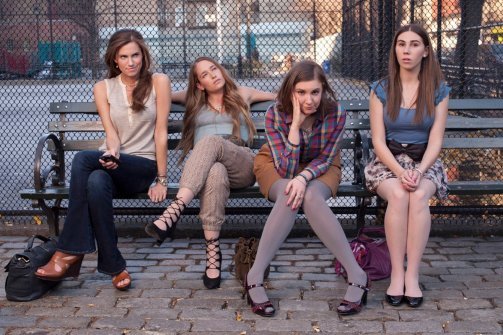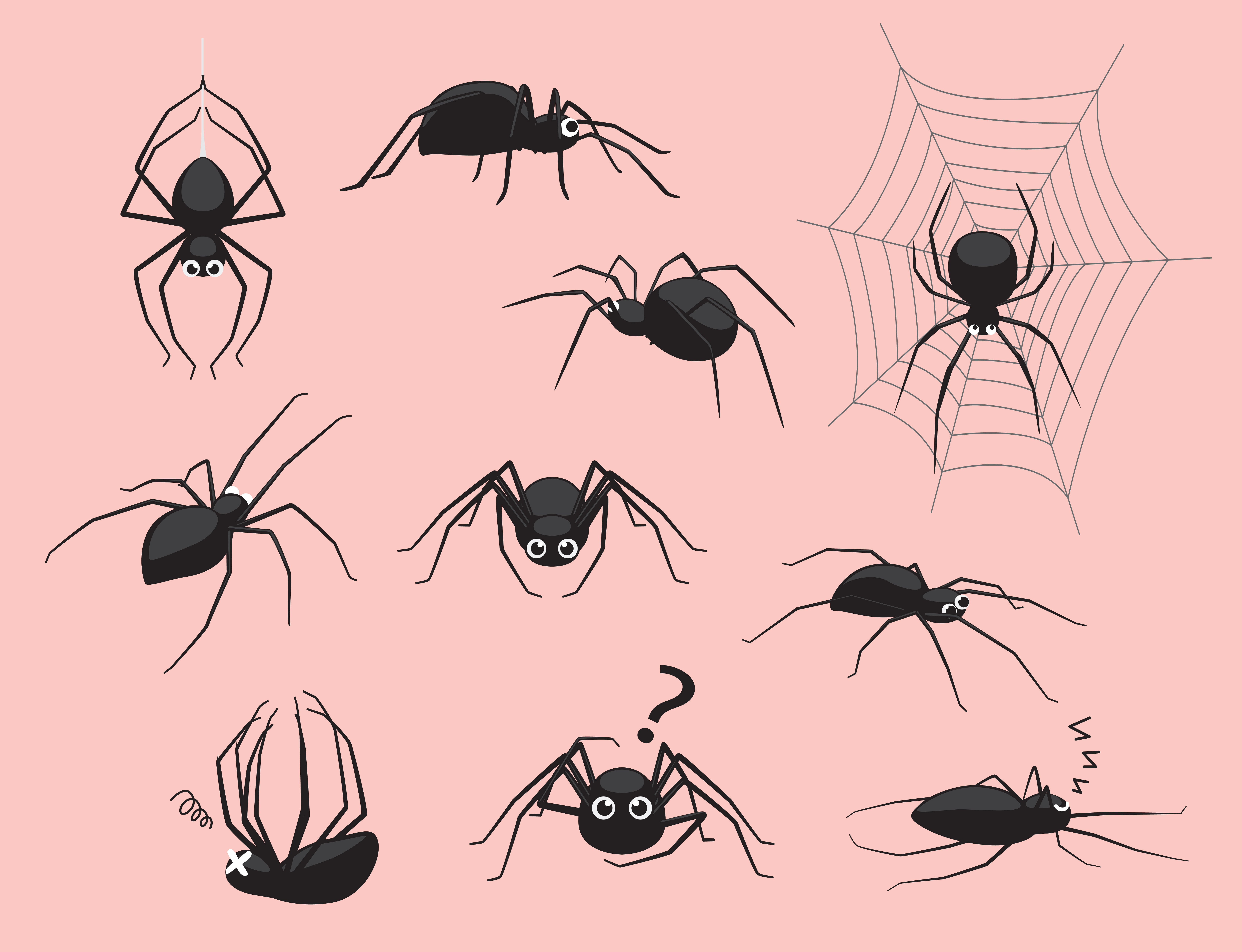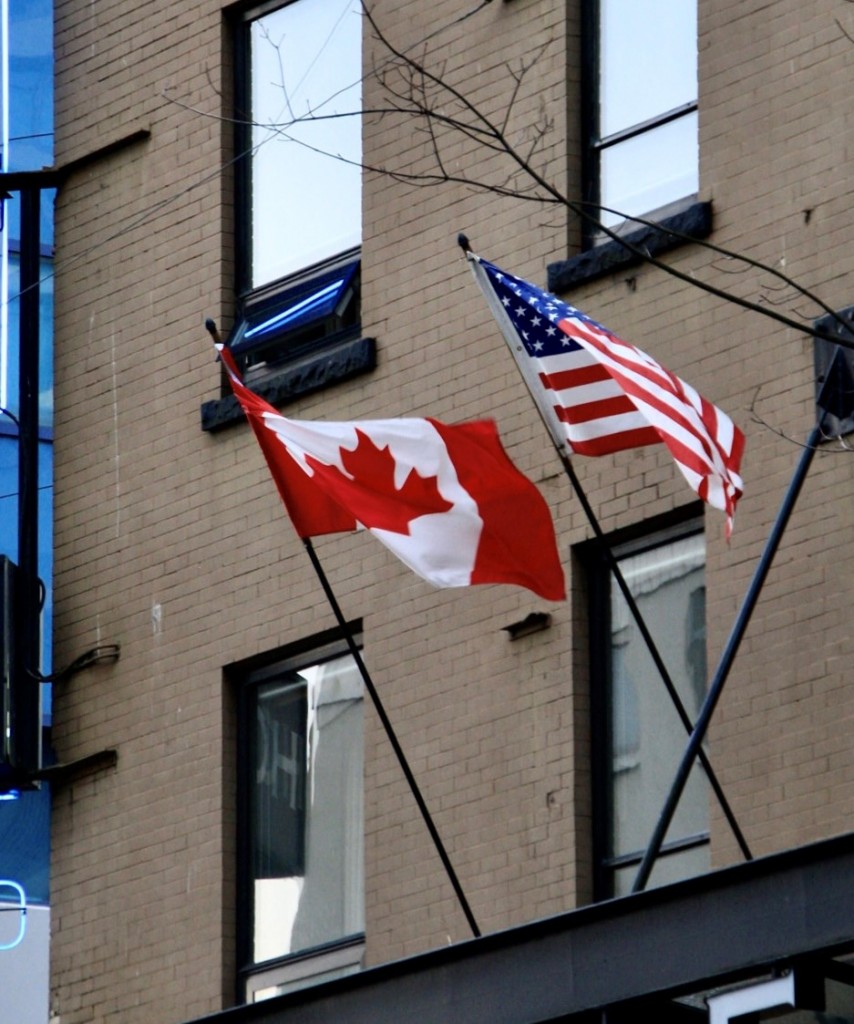By Jacey Gibb, Opinions Editor
I’d like to start things off with an open question to humanity: despite all the milestones we’ve achieved, and the progress society has made as a whole, how does something like racism still exist?
It’s something I often ask myself whenever I read about the latest hate crime or reported incident of discrimination. Racism is one of those things that I’d like to see disappear in my lifetime, but my name isn’t John Lennon, so I’m going to refrain from being a dreamer. It’s a loaded topic, and not one that I could even hope to cover in a 600-word article, but something that I can cover within a moderate word count is the criticism of racial diversity in the television industry.
While I tend to pride myself on being relatively immune to offensively mundane pop culture news, I’m embarrassingly susceptible to articles related to television shows. Like a parasitic entity, articles pertaining to shows that I don’t even watch have a way of worming themselves into my focal point. One of the season’s new shows, Bunheads, recently had to defend itself against some bigoted television producer who didn’t like the show’s entirely white cast. This incident caused me to experience a Lost-like flashback to a few months ago when HBO’s Girls was receiving similar heat, despite the show taking place in the cultural metropolis of New York.
Seriously?
[quote style=”boxed”]I understand that television is a huge agent of influence and therefore, has the potential to be a vehicle for teaching tolerance and diversity, but does every show have to be a rainbow of ethnicity?[/quote]
I understand that television is a huge agent of influence and therefore, has the potential to be a vehicle for teaching tolerance and diversity, but does every show have to be a rainbow of ethnicity? So a few shows fail to add in a token minority because it makes the network happy—it doesn’t automatically mean the show is trying to make a subtle statement.
Girls’ creator and star, Lena Dunham, has since addressed the negative feedback about the absence of racial diversity and called the negligence “an accident,” as well as promised to fix the issue in the show’s second season. I’ve followed Dunham since her directorial debut back in 2010, and she’s always presented herself in a bright and professional manner, so I believe her when she says the possibility of offending certain groups just never occurred to her. What makes me wonder though is if maybe it wasn’t so much her being ignorant as it was her just being accepting.
Instead of focusing on aspects that don’t even have a direct influence on the quality of the show itself, Dunham put her efforts towards the writing and character development. Should she be publicly penalized for this? I guess some people think so, but it’s not like she’s writing dialogue that’s full of racial slandering and oppression—it’s simply absent.
I grew up in a heavily Caucasian town in Alberta, meaning most of my friends were also white. It’s not like I went out of my way to make this happen—it’s just who I happened to interact with. I don’t go around constructing my friendships around specific racial requirements, and I don’t feel obligated to make my group of friends into a model UN. Dunham has repeatedly stated that Girls draws heavily from her own experiences and that each of the characters share traits that she finds in herself, so of course racial issues isn’t going to be a go-to topic. Dunham writes about what she knows and it works perfectly.
I’m not sure why television shows should have to conduct their casting in a manner that caters towards every critic’s opinion of what diversity is. Just because a show doesn’t boast a spectrum of skin tones doesn’t mean it should be a lightning rod for criticism.



